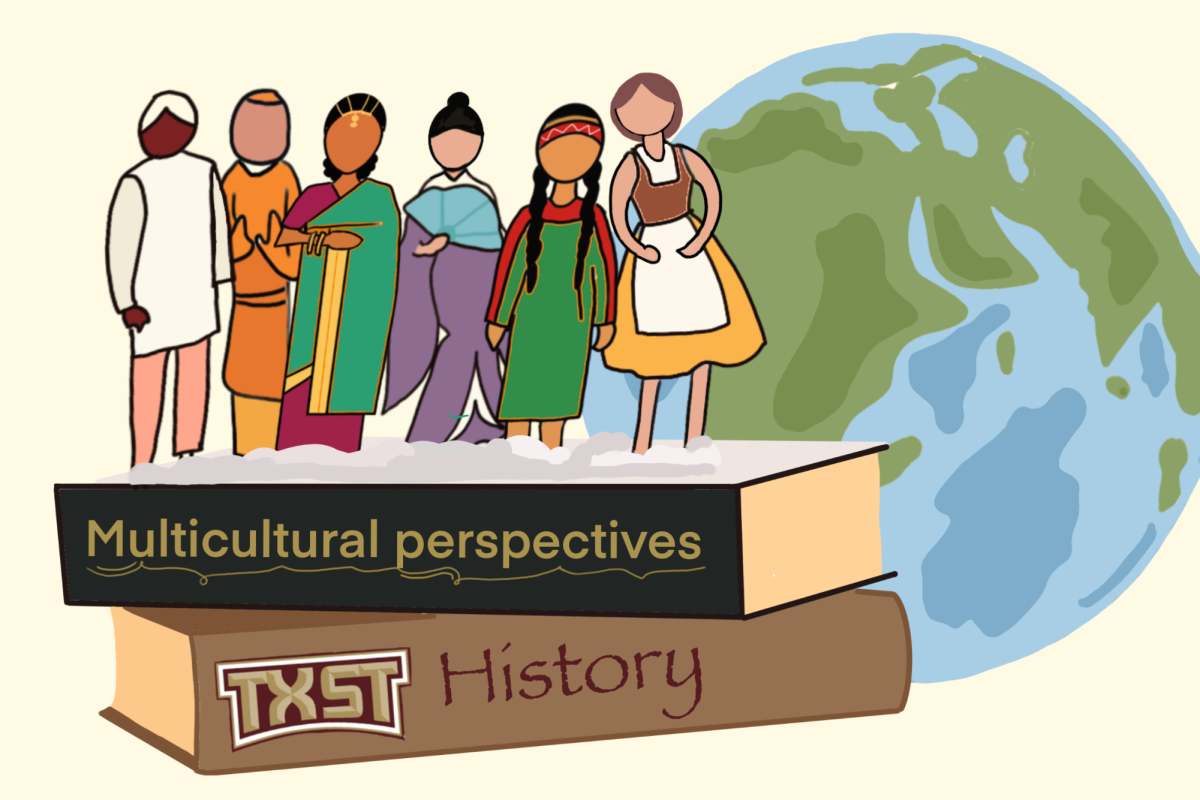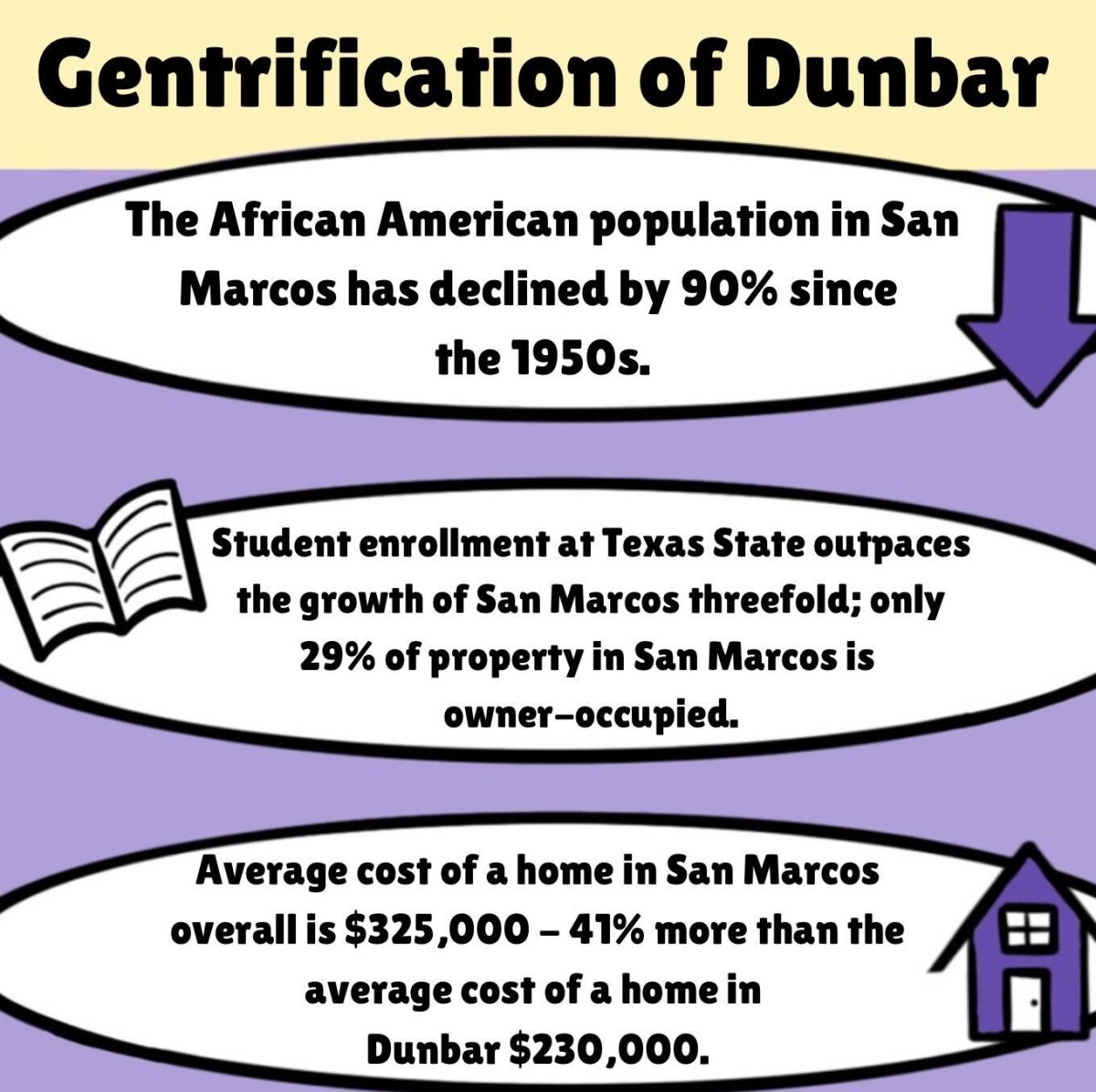The latest album release from rap mogul Jay-Z, titled “4:44,” covers a wide range of topics. While a good portion of the album unpacks a relatively unprecedented level of vulnerability for a rapper, Jay-Z appears to follow one of the trends of successful black men in popular culture.
On one track, in particular, titled “The Story of OJ,” Jay-Z tiptoes a line between honest advice to a younger generation and holier-than-thou financial posturing with rhetorical lines like, “You wanna know what’s more important than throwin’ away money at a strip club? Credit.”
The suggestion one should invest their money and build credit rather than waste it on momentary pleasure is neither new nor aggressive, but as the single on an album that spends most of its time on emotional self-reflection, “The Story of OJ” sticks out in its pointed delivery.
In the second verse, Jay-Z said he’s “tryin’ to give you a million dollars worth of game for $9.99,” but the line is in reference to the subscription fee for his own streaming service, Tidal. This verse begs the question of whether or not Jay-Z is trying to help anyone other than himself through this advice.
In the context of prominent black figures delivering unsolicited advice to a predominantly black audience, we can look to Bill Cosby’s speech at a NAACP event in 2004—a speech now referred to as the Pound Cake Speech for its most aggressive form. In this speech, Cosby suggests language and lack of parenting are to blame for the issues the black community faces rather than any systemic structures, and it is up to those communities to take on the blame and fix their own problems.
While Jay-Z’s claims are not nearly as egregious, there is a certain contextual compatibility that becomes apparent when considering his relative silence on the plight of Black communities throughout his career. He shares this trait with Cosby and has faced criticism for it by civil rights icon, Harry Belafonte. Jay-Z uses his rare moment of outspokenness not to defend or support the community he comes from, but rather to offer up thinly veiled criticisms disguised as advice.
Moments in the song where Jay-Z postures, “Y’all out here still takin’ advances, huh?” followed by “Me and my n*ggas takin’ real chances,” come off as condescending to a younger rap generation Jay-Z is largely disconnected from.
“The Story of OJ” is not a bad song and Jay-Z is not a bad person; however, if “The Story of OJ” is his attempt to influence a new generation to work toward developing generational wealth and end the cycle of poverty, he should reconsider his approach. Jay-Z can be a source of advice but that does not make him a role model. Suggesting his audience follow in his footsteps rather than taking the time to evaluate the current societal landscape and offer genuine support is irresponsible.
Categories:
“The Story of OJ” is financial bravado, not good advice
July 30, 2017
0
Donate to The University Star
Your donation will support the student journalists of Texas State University. Your contribution will allow us to purchase equipment and cover our annual website hosting costs.
More to Discover







